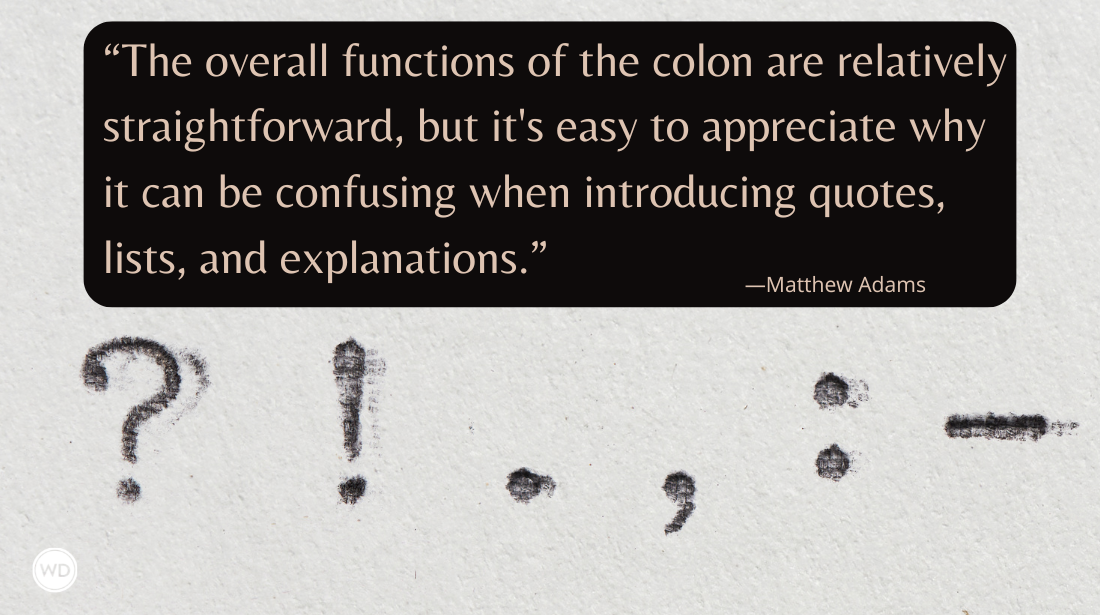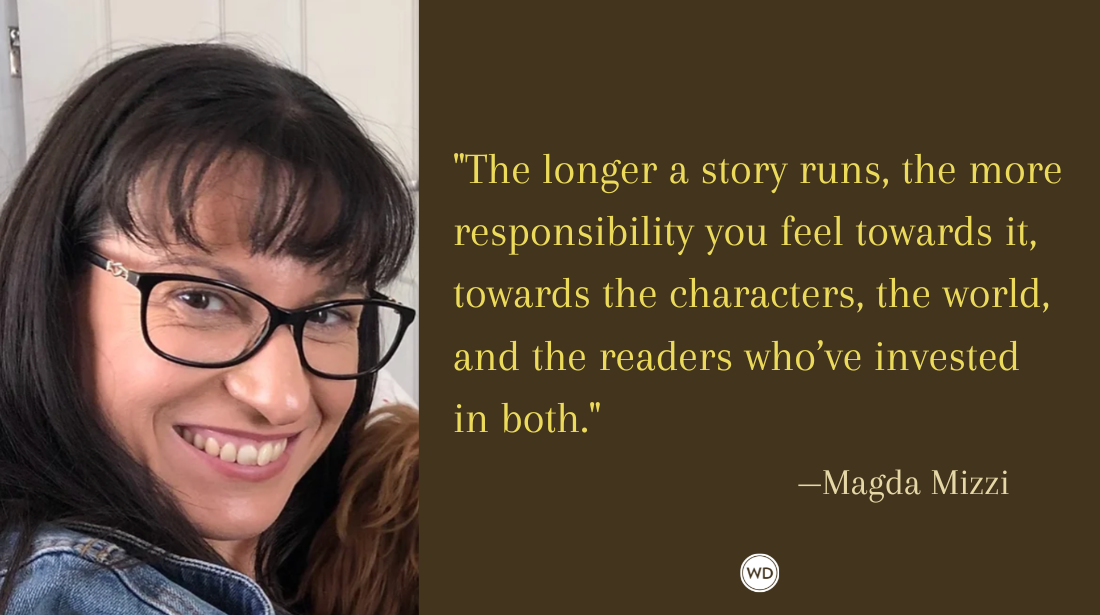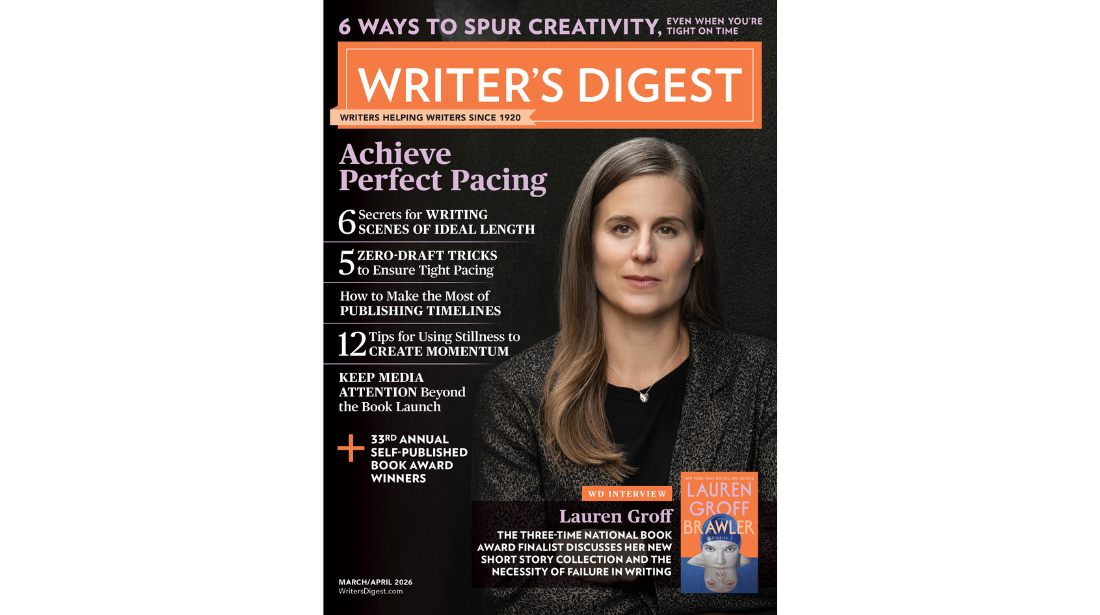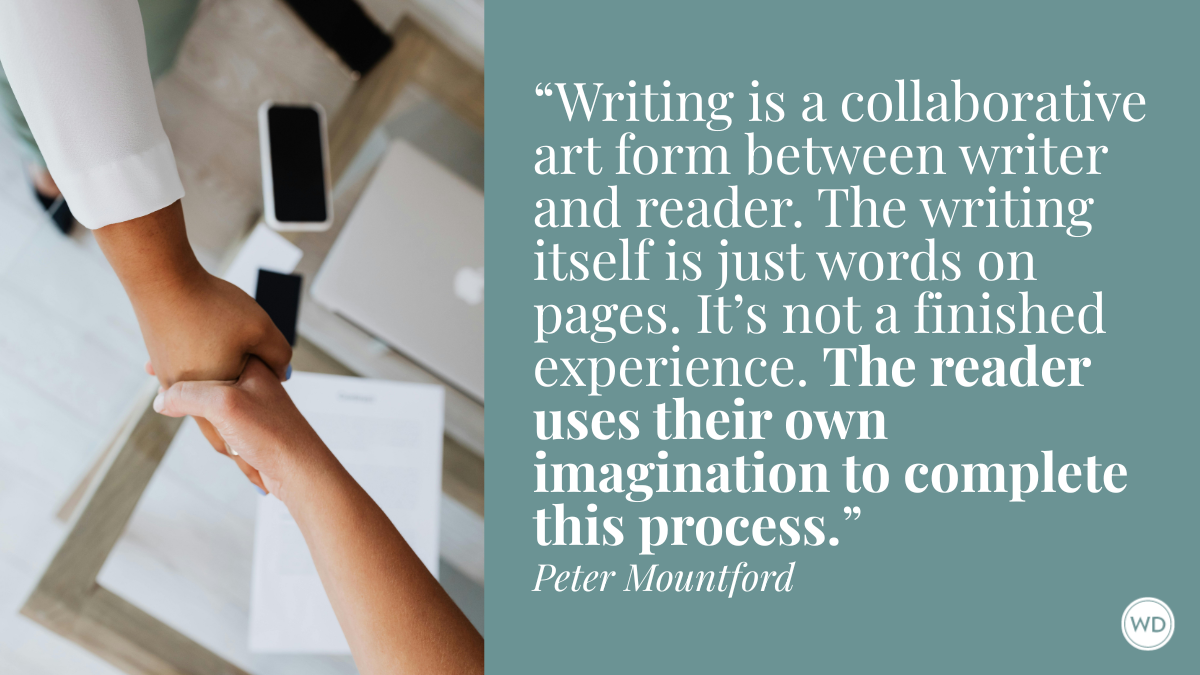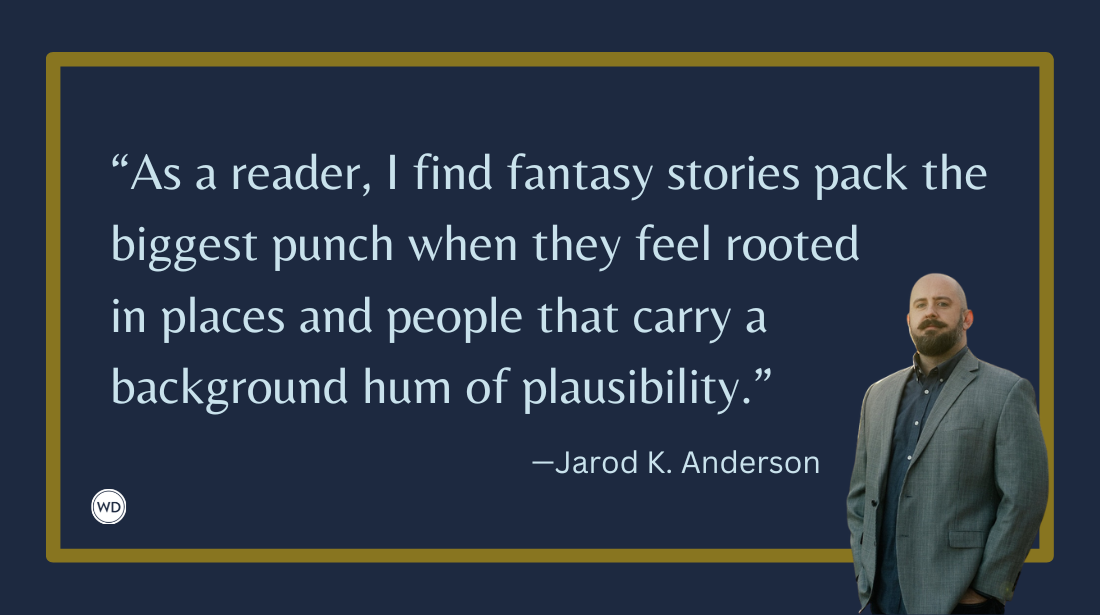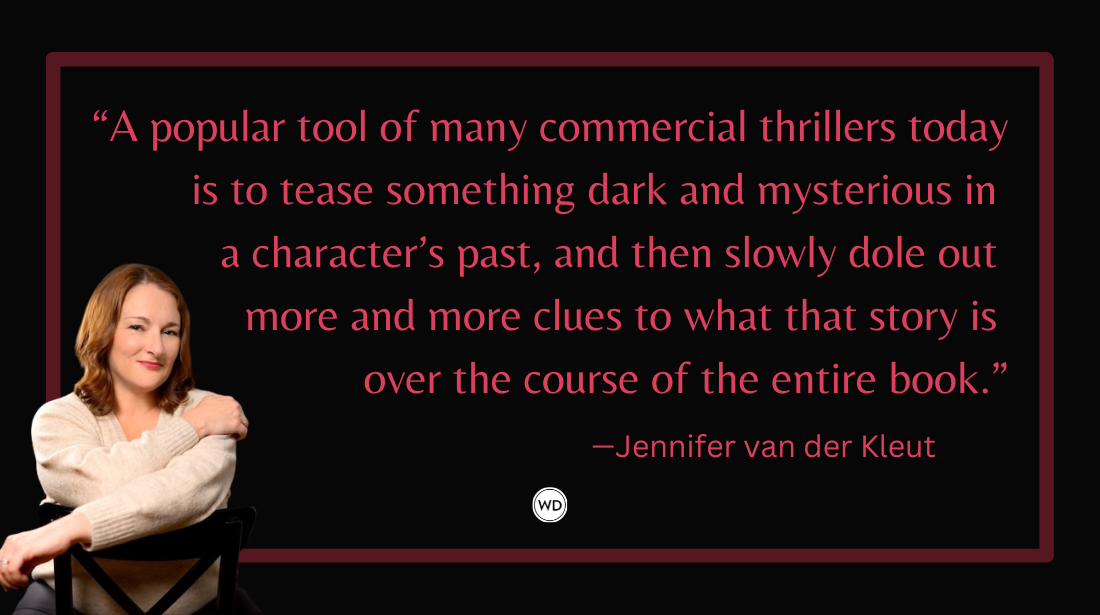Why the Surprise Ending Ultimately Frightens Us
Surprise endings in fiction, when done right, can make a book live in a readers memory for years, but as novelist H.J. Ramsay shares, surprise endings also show us a bit about human nature.
Surprise endings in fiction, when done right, can make a book live in a readers memory for years, but as novelist H.J. Ramsay shares, surprise endings also show us a bit about human nature.
Disclaimer: Essay contains spoilers for the movie Sixth Sense, and the books Fight Club by Chuck Palahniuk, Sharp Objects by Gillian Flynn, and Life of Pi by Yann Martel.
In a surprise ending, new information is presented in such a way that it alters the entire story. The Sixth Sense is a great example of this. In it, we as the viewers watch the psychologist Malcom Crowe counsel a little boy, Cole, who famously claims to “see dead people.” The movie feels like it sums up with Malcom guiding Cole into taking control of his visions and, in turn, Cole helps a ghost save her sister. We get the feel-goods until the very end when, surprise, we find out that Malcom is dead too. While this is an amazing plot device, it’s seeded in a very real fear we have that things might not be what we think they are.
We’ve had this fear for hundreds of years. Descartes famously said, “I think therefore, I am.” That statement was in response to his theory that he couldn’t trust his senses to give him an accurate perception of things around him. Sight, smell, sound—you get it—all useless, all easily fallible. The only thing he could trust was that he had thoughts and a mind, which meant he could count on the fact he existed. But everything else? Everything else could be just like the Matrix for all he knew.
Descartes was a philosopher from way back in the day, but what about now? We know a lot more. True, but even today remnants of Descartes’s argument lingers, if not gotten stronger. Cognitive psychology has more or less proven that we see what we want to see. So, this fear that we’re not getting a true and accurate picture, is probably not so much a fear, but a fact.
What would it look like if we had it all wrong? That’s where literature steps in. It’s how we can explore this safely through the lens of characters, plot, and the mind of make believe. We are constantly looking at scenarios where its plausible that the rug could be pulled out from underneath us. We want to be prepared, after all. Outside of the “really, we’re all dead here” idea, which isn’t all that helpful in navigating real life, another area where the surprise ending is explored quite a bit is in the realm of mental health, as it’s assumed these characters already have a tenuous grasp of reality as is. Fight Club by Chuck Palahniuk is a notorious example. We have the narrator and Tyler Durden who create Fight Club, make soap out of human fat, and generally make mayhem under Project Mayhem. The clincher? Tyler Durden and the narrator are the same person. While again, it’s a surprise ending that works, it also makes us uncomfortable because it begs the question: Am I the person that looks back at me in the mirror? Am I seeing things as they really are?
Another area where we examine surprise endings is via our relationships with other people. Take for example Sharp Objects by Gillian Flynn. Flynn sets up the plot to lead readers into believing that Camille’s mother is guilty of murdering young girls in her hometown, only to discover it was her half-sister doing it. This surprise ending is notably unsettling because Camille had brought the girl into her home, her safe place. Here, the surprise ending forces us to wonder if we really know the people closest to us. While it gives us a sense of security that we do without a doubt, turn on the news on any given day and there will be reports where a husband, wife, brother, sister, in-law had turned on the family or had done something horrible to someone else.
Last, but not least, surprise endings scrutinize the idea that under great hardship, there’s always a silver lining and a happy ending to boot. One example is found in the Life of Pi by Yann Martel. Here we have Pi who has tragically lost his entire family when their ship sinks. He manages to survive in a lifeboat, accompanied with a hurt zebra, a hyena, an orangutan, and a tiger named Richard Parker. The hyena makes short work of the zebra and the orangutan, but then the tiger takes out the hyena, leaving only Pi on the boat. What follows is basically the incredible adventures of Pi and Richard Parker battling the elements of the sea until they finally make it to land and the tiger unceremoniously ditches him. Despite its tragic beginnings, it’s a story of survival with all the feels until the reader discovers that the there weren’t any animals on the boat, but people. One being his mother (the orangutan), another the cook (the hyena), a sailor (the zebra), and finally Pi (the tiger). Everything that had happened, while still having to do with survival, also has very much to do with murder. The problem with this type of story is that it reasserts an underlying fear that “if it’s too good to be true, it probably is” and that there’s no such thing as a happy ending.
When it’s all said and done, we both love and loathe the surprise ending. It keeps us on our toes, giving us that shock and awe factor we crave. Except, when the book is closed and we’re left with our thoughts, we’re unsettled, and we don’t understand why. That’s because there’s something inside us, this warning bell, that fires every time we are exposed to a surprise ending. It reveals a truth that is hard to accept, but one we must necessarily recognize. One that screams at us that nothing is ever what it seems.
Have an amazing story idea, but need to learn the basics of how to write a book? WD University's Fundamentals of Fiction will take you through all of the basics of writing a novel including how important it is to choose a great setting, how to build characters, what point of view you should choose, how to write great dialogue, and more. Register today!
About H.J. Ramsay
H.J. Ramsay serves as the Editor-in-Chief of Gold Man Review and Smoldr. Her new book, Ever Alice, is available now on Amazon.




